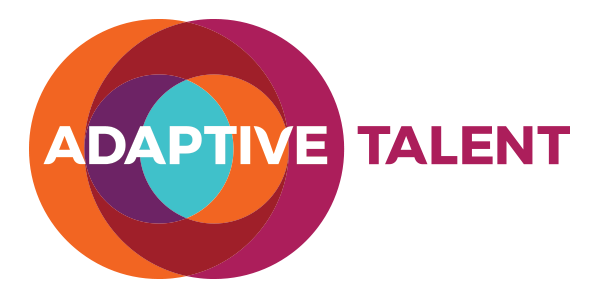I was walking through Gastown, the oldest part of Vancouver that is rapidly moving from super nasty to super cool, when I spotted this message in a rundown building’s window. I chuckled and thought to myself “Ha! You and me both”.
Soon after that I read a few articles on the emerging practice of evolving the role of senior staff from solely creating the organization’s strategy to one where they crowd source it via a much broader series of discussions and activities driven by employees. The idea is that because senior leaders often have a limited understanding of what is truly working, customer sentiment, and potential improvements or product/service enhancements, and because nearly everyone has acclimatized to on demand, always available information and connections in their personal lives, the very nature of a top-down, fixed strategy just seems odd. Moreover, given the complexities of a global operating environment, rapid product releases by your competitors and your organization, it’s actually much more difficult to synthesize everything an employee should contextually understand in order to make informed decisions quickly. This is, I think, the new leadership challenge: decentralized but highly coordinated global efforts that leverage technology but always in service of deepening employees’ motivation, skills, quality, and commitment while advancing towards your organizational mission.
Which leads me back to “I can’t predict the future” as my new management rallying cry. Ask your people what they think, and tell them what made you interpret things the way you did. Run some experiments, share broadly, experiment some more, rinse and repeat. Shorter feedback and execution cycles are the new normal, so the role of the leader shifts to one who is encouraging and participating in dialogue and experiments, who is actively developing younger leaders, and who is driving accountability.
It also has corresponding implications for leadership development and investments in culture. Pushing something as complex as strategy development and execution to people without a corresponding investment in leadership skills, and having a supportive culture where people feel safe to stick their necks out, offer up new ideas, take the time to participate in experiments or initiatives outside of their core job (think reward systems…) are all necessary elements to make this work. Done properly, there should be more understanding and ownership, better coordination and execution, higher employee satisfaction, and faster professional development.
I actually think this change is going to happen whether senior leaders like it or not. The question is whether you want to be playing catch-up with your team, or whether you want to lead that parade.
—
Adaptive Talent is a talent consultancy designed to help organizations achieve amazing results and ongoing adaptability. Founded in 2008 and based in Vancouver, Canada we offer retained search, assessments, total rewards consulting, training, leadership coaching and development programs, and culture & organizational development consulting.

